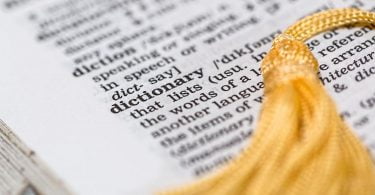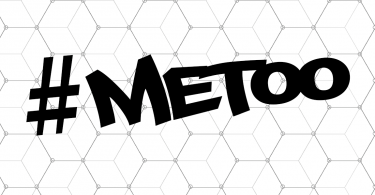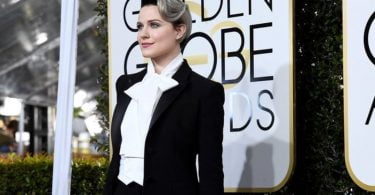I’m not a cow, I’m not a bitch, but I am by definition an animal, and a feminist one at that.
The debate on whether we should fight for feminism and vegan alongside each other is largely one sided in favour of it: the feeling I get is that they are somehow co-dependent. I’ve read a lot about the varying viewpoints and arguments to find that I actually agree with a lot of them. However, when I hear feminists deplore non-vegans, I get irked. Patriarchally we are told how to behave, what we should wear, and in a lot of cases, who we ‘belong’ to.
So, why are voices in the feminism movement now telling other women that they should think or act in a certain way?
Women are linking #feminism to #veganism more than ever. A growing amount of #women say there is a "powerful connection" between the #feminist and #vegan movementshttps://t.co/Nq6cfLUnKw pic.twitter.com/6zyltm50H1
— LIVEKINDLY (@livekindlyco) March 18, 2018
In her book, Neither Man nor Beast: Feminism and the Defense of Animals, Carol J. Adams talks of the connection between the two movements. She claims that by disrespecting the rights and bodies of female animals, our society mirrors that, causing an attitude against the reproductive freedoms of human women.
What she ignores here is whilst female animals are abused tirelessly as milk machines and carriers of more money-making offspring, there is in fact no feminist conspiracy behind that. Male calves are clamped and cut before their slaughters, and male chicks killed violently because they’re not as cash fruitful as their sisters. Female cows aren’t abused for because we hate women, they’re abused because they produce milk, and people love to drink it, because they always have. By removing the control and production of female animals, we won’t necessarily or suddenly arrive at the global realisation that women deserve the rights to their body: it is sadly far more complex than that. Despite that, the core of her concept aligns with the ecofeminist point of view which sees the treatment of animals as run parallel to the treatment of women: and I think there is truth to that.
But, fighting for two causes at once can be misconstrued, especially when opinions on matters such as these run high.
If I tweet about, say, my experiences with sexism as a white woman, by default does that mean I am choosing to ignore the rights of a person of colour, or a man who identifies as gay – given that I’m speaking of my experiences in that moment? By supporting one movement or attitude, you are not disregarding or sidelining the rest. We cannot simultaneously represent or voice everything we stand for, and why should we? To me, keeping them separate only allows you more time to reflect and learn. As women, we are constantly expected to say the right things, especially the moment you start talking about feminism, and that hinders speaking up at all.
Whilst I think it’s certainly possible to fight for both veganism and feminism alongside one another, they bare similarities of course – systemically objectified, abused and owned in the wrath of a male dominated world – the moment they become co-dependent entails its own problems.
To people who already view veganism as a lifestyle for hippy, tree hugging, gay-year art students, the fight for those beliefs to be taken seriously is already fraught – and whilst that is still not OK, it intensifies the difficulties of promoting the message. I’m aware that putting up with that isn’t what activism is about, and by no means am I here to suggest that because someone else disagrees we need to cater to that. But, sadly you cannot reach people with activism unless you approach it in the right way.









